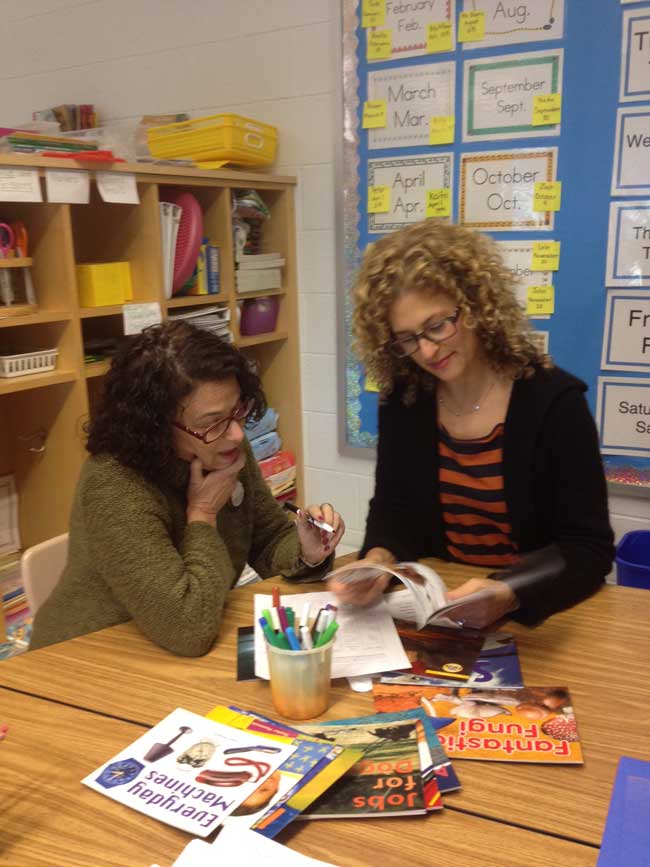 Parent-Teacher Conferences are a moment in time to share your expertise and knowledge while also gaining valuable insights from students’ parents. Here are 10 tips to help you better enjoy the experience:
Parent-Teacher Conferences are a moment in time to share your expertise and knowledge while also gaining valuable insights from students’ parents. Here are 10 tips to help you better enjoy the experience:
- Establish a positive and trusted relationship with students’ parents right from the start of the school year. Establishing a trusted relationship is essential when challenging discussions need to be held.
- Schedule conferences in advance. Be mindful of scheduling requirements at your school and leave a bit of flex time between each conference. Send parents confirmation of their scheduled date and time a day or two before the conference.
- Be prepared. Gather relevant materials such as recent work samples, grades, test scores, and observational notes. Review this information so that you can speak about it knowledgeably and confidently. At the table have a pad of paper, pens, pencils, a box of tissues and classroom materials to share as examples.
- Greet parents at the door with a smile, a handshake and a warm welcome. Invite them to join you at the conference table, set with adult-sized chairs. There’s nothing like starting on a positive note.
- Start and end each conference with positive comments. Comments must be genuine and show that you know and care about their child. Communicate that you believe that their child can and will be successful and that you are implementing strategies to ensure that progress continues.
- Begin each conference with a teacher update of student progress. This sets a positive tone for the conference and allows you to address strengths and concerns upfront. After you have shared your observations and data, ask parents for their input, feedback and questions. LISTEN, LISTEN, LISTEN- you will learn a lot. Respectful two-way communication is a building block to maintaining this critical and trusted relationship, which according to research has a tremendous impact on student achievement and success.
- Ask questions during the conference to let parents know that you are interested in what happens outside of school hours as well. “What does your child say about school?” “How does your child feel about his/her learning?” “Is there anything your child wants you to share with me?” “What are your goals for your child?”
- Set an environment where parents feel encouraged to share their concerns and provide feedback on how they see their child’s progress and/or the instructional program. It is your challenge to listen and respond without becoming defensive, even though this is difficult. This is significant because allowing parents to share their thinking opens the door for long-term meaningful communication.
- Write down any follow-ups that were discussed and agreed upon. Be sure to follow through and keep parents posted on your actions. Let parents know that they can count on you for the agreed upon follow-up.
- Remember that every parent is doing his or her best, and sending the very best child they have to your classroom each and every day. Make sure they know you value that.
By Laurie Gross and Amy Shapiro
My Learning Springboard, Inc.